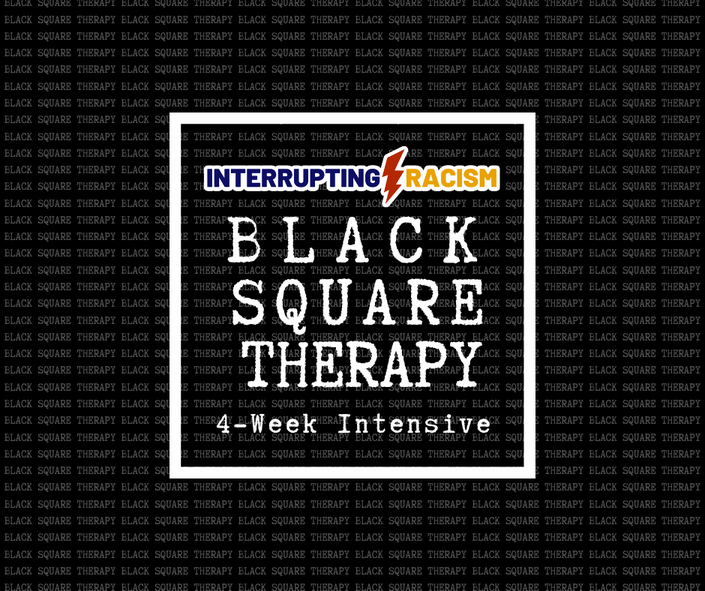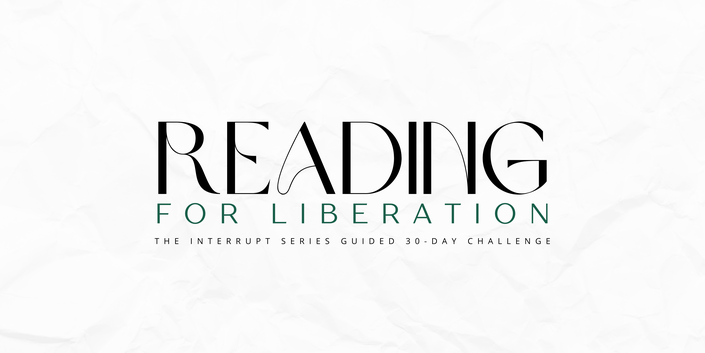Surveys of more than 2,000 adults ages 18 and older, collected from May 21 to June 14, 2020 in Chicago, Los Angeles, New Orleans and New York revealed that among white respondents, 65% said their parents had “never” or “rarely” had conversations with them about racism when they were children.
It matters.
Because how we do one thing is how we do everything.
The impact of avoiding conversations about racism with children can be felt throughout the course of their development and in every aspect of society.
By age 5 or 6, an ingroup preference—and outgroup bias—is well established. And by the age of 10- and 11, children are already avoiding the topic.
A recent survey showed that white people who were taught anti-racism by their parents were supportive of doing more to help racially and ethnically marginalized groups who were hit harder by COVID-19.
People whose parents had never or rarely talked to them about anti-racism were more likely to feel that BIPOC are themselves at fault for their higher death rates from COVID-19.
Racism is a human rights, quality of life, and health issue that negatively impacts BIPOC children's mental, emotional and physical health in numerous and complicated ways.
And it's our responsibility as parents to do our part to uproot it in society, our children, and ourselves.

If it's true that no one is born racist and things are getting better, why does racism persist?
The American Academy of Pediatrics describes racism as “a socially transmitted disease passed down through generations.”
Where does racism come from and how do we divest from it, especially as parents and teachers?
The How to Talk to Your Kids about Racism mini course will answer this question and support you in initiating anti-racism dialogues with your children that are as insightful as they are necessary.
You'll learn how to acknowledge racial inequalities, historical and current reasons why they exist, and talk about ways your child can be actively anti-racist.

PREPARE
A suite of workbooks helps guide and equip you to initiate meaningful dialogue with the children in your life about racism and social inequity so that you're comfortable and prepared.

WATCH
Learn the importance of discussing racism with your kids and learn about the mistakes most parents make in these conversations. Empower yourself with a set of practical tips so you can avoid common missteps, open up the lines of communication and empower your children to be anti-racist.

EXPERIENCE
Revisit the popular Interrupting Racism live discussion and Q&A, Raising Rebels: Parenting for Liberation. This talk takes you past racism 101 into a more advanced examination of socialization, inner work, and liberatory parenting to prepare you to raise the next generation of Interrupters.
“Black parents may not see it as an option to not talk about race, because if they don’t, their child may become the next Trayvon Martin, Tamir Rice or George Floyd.”
-Nicky Sullivan, PhD

46% of Muslim parents, 40% of Black parents, and 32% of Asian parents say their child has heard a negative comment about their identity at least once.
In a 2020 study, Black parents reported talking more frequently about race, racial inequality and racial identity after George Floyd’s murder than before.
More Black parents were worried that their children would experience racial bias.
In sharp contrast, white parents overall did not differ in their engagement on race topics with their children from before Floyd’s murder to after.
Instead, fewer white parents talked about being white with their kids and more shared messages of colorblindness that minimized the significance of race.
No matter how strong and wise our children are, their individual righteousness, resilience, and beauty will never be enough to topple racism.
We often think it's our job as parents to adorn our children in armor so they can face the world.
But it's really our job to make the world over so that everyone's children are safe in it, without the need for any armor at all.
When white parents don't engage in conversations with their children about racism, it leaves the burden on Black, Indigenous, and other parents of color.
Inside the Mini-Course

Parenting is Activism.
If you're a parent, grandparent, aunt, uncle, big cousin, or teacher, this mini-course is a must.
The How to Talk to Your Kids about Racism mini-course gives you tools to help your little ones understand the complex matters of racism, systemic oppression, and white supremacy.
But more importantly, you'll learn to encourage critical thought, cultivate the intrinsic will to change, foster curiosity, and empower your children to create a liberated, safe, just, and equitable society for all.



